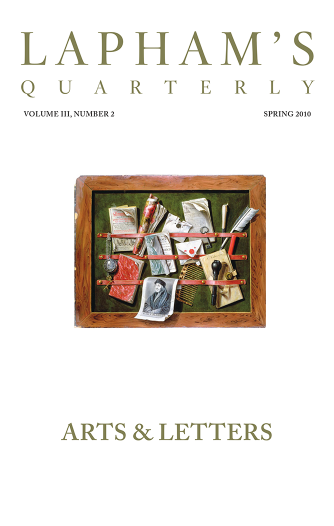When in disgrace with Fortune and men’s eyes,
I all alone beweep my outcast state,
And trouble deaf heaven with my bootless cries,
And look upon myself and curse my fate,
Wishing me like to one more rich in hope,
Featured like him, like him with friends possessed,
Desiring this man’s art, and that man’s scope,
With what I most enjoy contented least;
Yet in these thoughts myself almost despising,
Haply I think on thee, and then my state
(Like to the lark at break of day arising
From sullen earth) sings hymns at heaven’s gate;
For thy sweet love rememb’red such wealth brings
That then I scorn to change my state with kings.
Sonnet 29. “Nothing breaks Shakespeare’s way,” critic Camille Paglia wrote about the ill-fated state in which the speaker begins this poem, one of 126 so-called Fair Youth sonnets that the middle-aged Shakespeare addressed to a young man of aristocratic bearing. T.S. Eliot quoted closely the line “Desiring this man’s art, and that man’s scope” for his 1930 poem “Ash Wednesday,” even though Eliot once admitted that as a student “the only pleasure that I got from Shakespeare was the pleasure of being commended for reading him.”
Back to Issue


